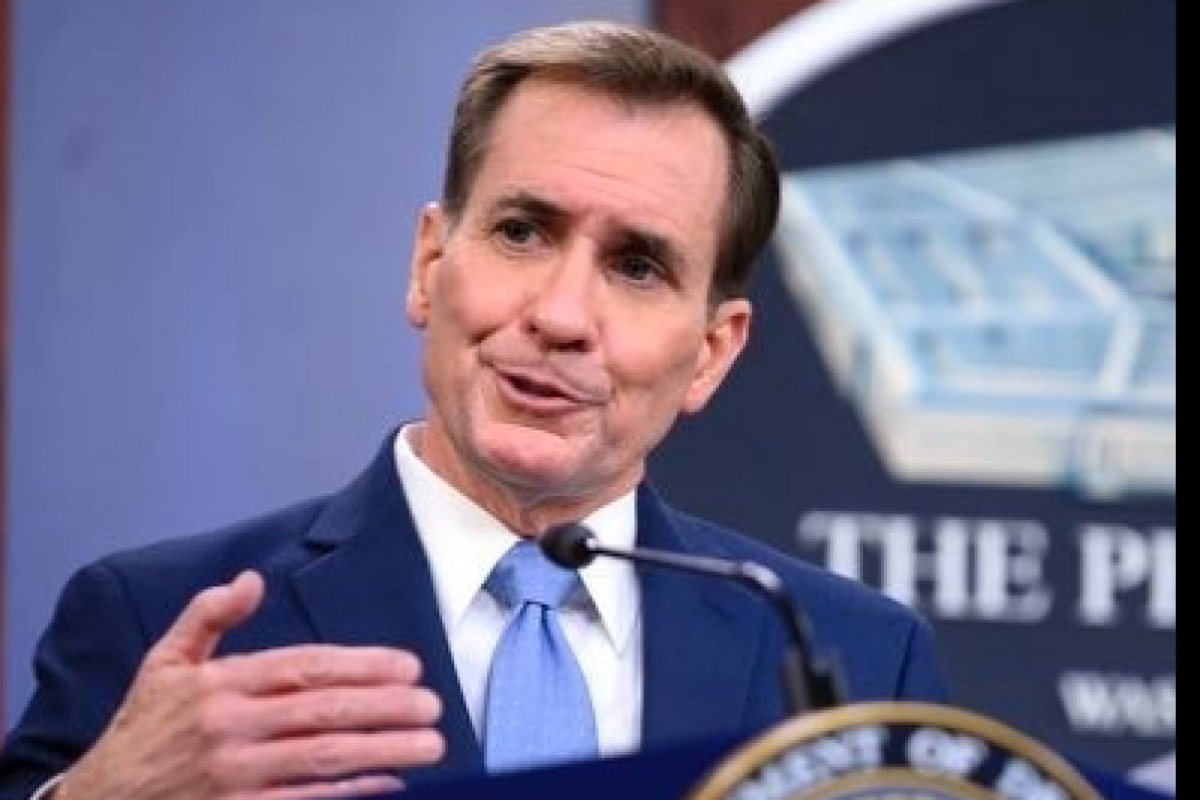The White House has said that it was “perplexed” by Israeli Prime Minister Benjamin Netanyahu’s decision to cancel a planned visit to Washington by a delegation comprising senior Israeli officials.
Netanyahu made the decision after the US on Monday abstained from a United Nations Security Council vote on a draft resolution calling for an immediate cease-fire in Gaza until the end of Ramadan. US abstention, instead of veto, effectively gave the green light to the measure, Xinhua news agency reported.
Advertisement
“We are kind of perplexed by this,” John Kirby, spokesperson for the US National Security Council, told reporters at the White House daily briefing in reaction to the scraping of the Israeli delegation, which was invited by the Joe Biden administration to come to Washington for talks on a possible alternative to a ground operation by the Israeli military in Rafah.
Kirby said in a further explanation that the resolution, even as it got passed, would have “no impact at all on Israel and Israel’s ability to go after Hamas”.
Kirby added that abstaining the draft resolution “does not represent a change at all” in US policy coping with the situation in Gaza.
The US, according to Kirby, is still of the view that a cease-fire between Israel and Hamas should be part of a deal securing the release of those held hostage by Hamas. Meanwhile, the US “continues to stand with Israel as they fight Hamas”, Kirby said.
In what seemed to be the thinly veiled criticism of Netanyahu’s government, Kirby stressed that it is the US, not Israel, that gets to decide its own policy.
“The Prime Minister’s office seems to be indicating through public statements that we somehow changed here. We haven’t. And we get to decide what our policy is. It seems like the Prime Minister’s office is choosing to create a perception of daylight here when they don’t need to do that,” Kirby said.
Separate to the delegation visit that is now aborted, Israeli Defence Minister Yoav Gallant arrived in Washington over the weekend, scheduling to hold respective talks with US National Security Advisor Jake Sullivan and Secretary of State Antony Blinken on Monday, and meet with Secretary of Defense Lloyd Austin on Tuesday.
Kirby told reporters that while there’s an opportunity during Gallant’s visit for the two sides to discuss an alternative plan for Rafah, his visit “probably won’t be a full replacement for what we’re hoping to do with a broader, larger delegation of Israeli counterparts”.
The Biden administration, Kirby added, is “still going to look for an avenue and an approach to be able to share those alternatives with the Israelis”.











